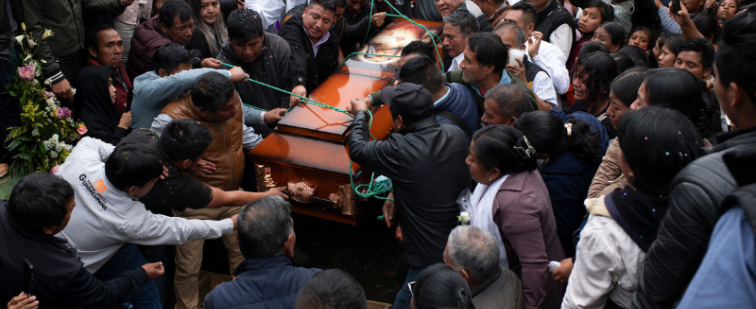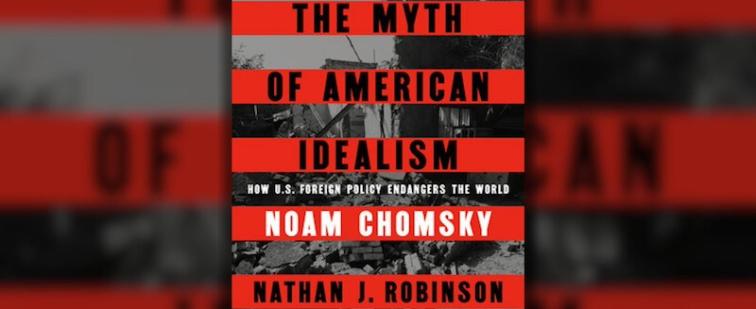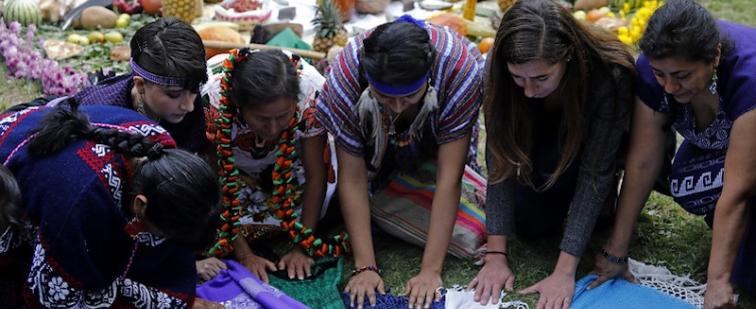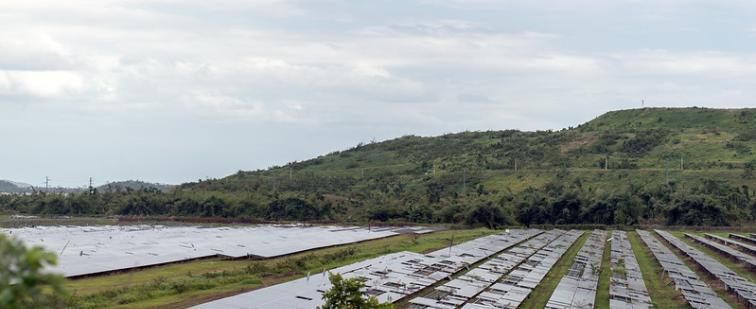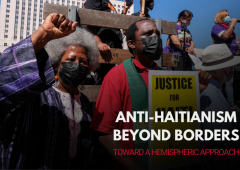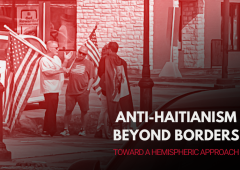Home
Behind Argentina’s tide of university occupations, student groups spar over the movement’s trajectory.
Renewed attacks on Haitian immigrants in the lead-up to the U.S. presidential election have created fertile ground for mass mobilization.
In Puerto Rico, debates over energy sovereignty and the political struggle for self-determination take center stage in the upcoming gubernatorial election.
El acceso gratuito a la educación superior ha sido durante mucho tiempo una promesa de movilidad ascendente en Argentina. Con los severos recortes presupuestarios de Javier Milei, esa promesa puede estar llegando a su fin.
Free access to higher education has long held the promise of upward mobility in Argentina. Under Javier Milei’s severe budget cuts, that promise may be coming to an end.
This series brings together perspectives on Haitian migration and experiences of anti-Haitianism across the continent, from the Midwest to the Dominican Republic and beyond.
Un proyecto pone en riesgo el trabajo y los medios de vida de las parteras tradicionales. Una red de parteras autónomas exige un enfoque intercultural e interseccional para la atención de la salud reproductiva.
Violence is on the rise in Zapatista territory. As an Indigenous “peacemaker” becomes the latest victim, communities call for justice, not militarization.
Chomsky and Robinson’s new critical survey of American foreign policy seeks to dispel the myth that the United States is devoted to promoting democracy and human rights.
In the face of mounting attacks on Haitian diaspora communities from Springfield to Santo Domingo, immigrants across the hemisphere are coming together to demand protection.


